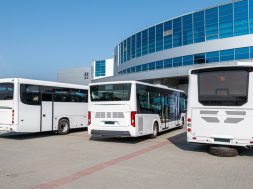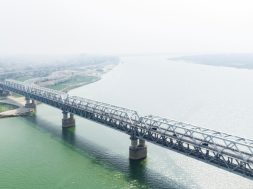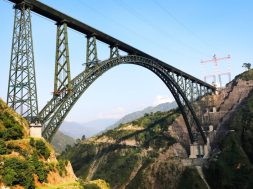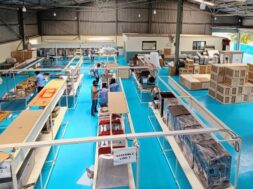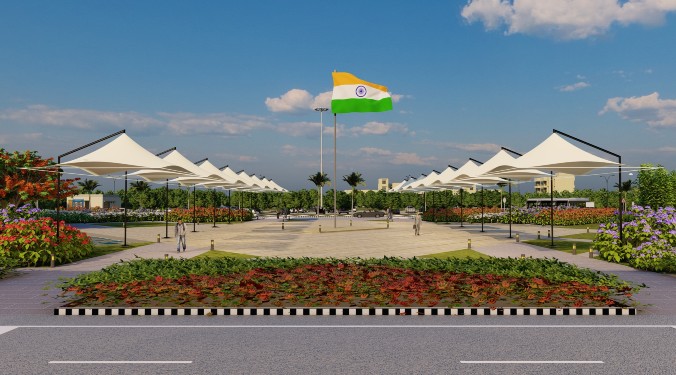Smart cities need to be sustainable in order to ensure successful ROI
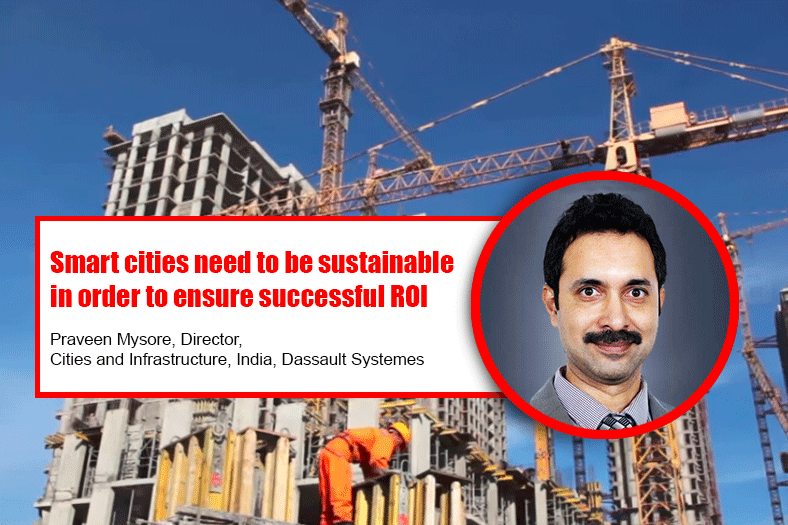
Praveen Mysore, Director, Cities and Infrastructure, India, Dassault Systemes says developing smart cities will demand substantial investments, which will be locked in for the long term, and in turn, shape India’s urban future.
What according to you is the role of people in creating the smart cities?
Every smart city needs to be viewed and planned as living entities, where every element and every citizen is part of a whole. Changes, no matter how small cannot be made without examining their impact on the entire organism and its environment. People are an extremely critical aspect of smart cities. A city cannot be built smart until and unless citizens participate in the transformation. Studies of the interaction between people and systems have revealed patterns that are standard. If we analyze the patterns and interactions between people and systems in domains such as transportation, public amenities, waste disposal etc., we can develop cities that are robust and are also highly efficient and sustainable.
How easy or difficult has it been to translate India’s existing infrastructure into a smart city?
With growing globalisation and urbanisation, development of smart cities has turned out to be a necessity. But converting a constructed city into a smart city comes with several challenges that need to be addressed at the earliest. Making cities smart will take time and effort and hence it is extremely critical to create a policy and regulatory environment that enables all the stakeholders. There shall be a nuanced approach to a smart, and yet sustainable roadmap for urban development. Smart cities need to be sustainable as well in order to ensure successful returns on investments made in developing them. It is projected that developing smart cities will demand substantial investments, which will be locked in for the long term, and in turn, shape India’s urban future. Without an urban development policy and an urban planning framework, private sector dominance at this juncture of urbanisation is indeed a challenging situation.
It has been five years since the Smart City initiative was incepted, how much of this initiative, in your words, have we actually realised?
The smart city initiative by the government of India is a right step towards the transformation of cities across the country. Making cities smart takes time and effort. It is critical to create a policy and regulatory environment that enables all the stakeholders involved in transmission of a city. The government has taken the right step, we have received success and going forward with more collaboration between smart city players and the government bodies, the goal of the initiative would be achieved soon.
What are some of the ongoing smart city projects you are a part of and when are they due to be completed?
In India, we are working on Jaipur 3D City for urban planning and simulation studies, which contribute, to efficient planning of new infrastructure and citizen services in context of existing city landscape. We have deployed Infrastructure Project Management System for APCRDA for Amaravati City Development.
How do smart cities aid the concept of a circular economy?
As per a recent study, cities consume 75 per cent of the world’s natural resources and produce 50 per cent of its waste. As urban population continues to grow, the challenges of supply and removal are getting bigger, policymakers, educators and businesses are working toward a “circular economy,” which seeks to minimize consumption and maximize reuse of products, components and materials. Smart Cities coupled with the latest technology innovations have been heralded as the key to tackle the challenges posed by rapid urbanisation. Smart cities create a place where everything is connected and technology operates behind the scenes to ensure that all the elements of daily life run smoothly.
Smart technologies such as a municipal network of optical fiber, free Wi-Fi, routed street lighting and sensors to monitor air quality would help smart cities evolve more and serve the society as a whole. Technology innovations in the engineering and construction space provide an extra mile for the successful establishment of a smart city. 3D city, data analytics, simulation have helped the smart city project managers in collaboration and management of the complex projects. There is monetization scope in every aspect of services and their consumption.
Cookie Consent
We use cookies to personalize your experience. By continuing to visit this website you agree to our Terms & Conditions, Privacy Policy and Cookie Policy.
